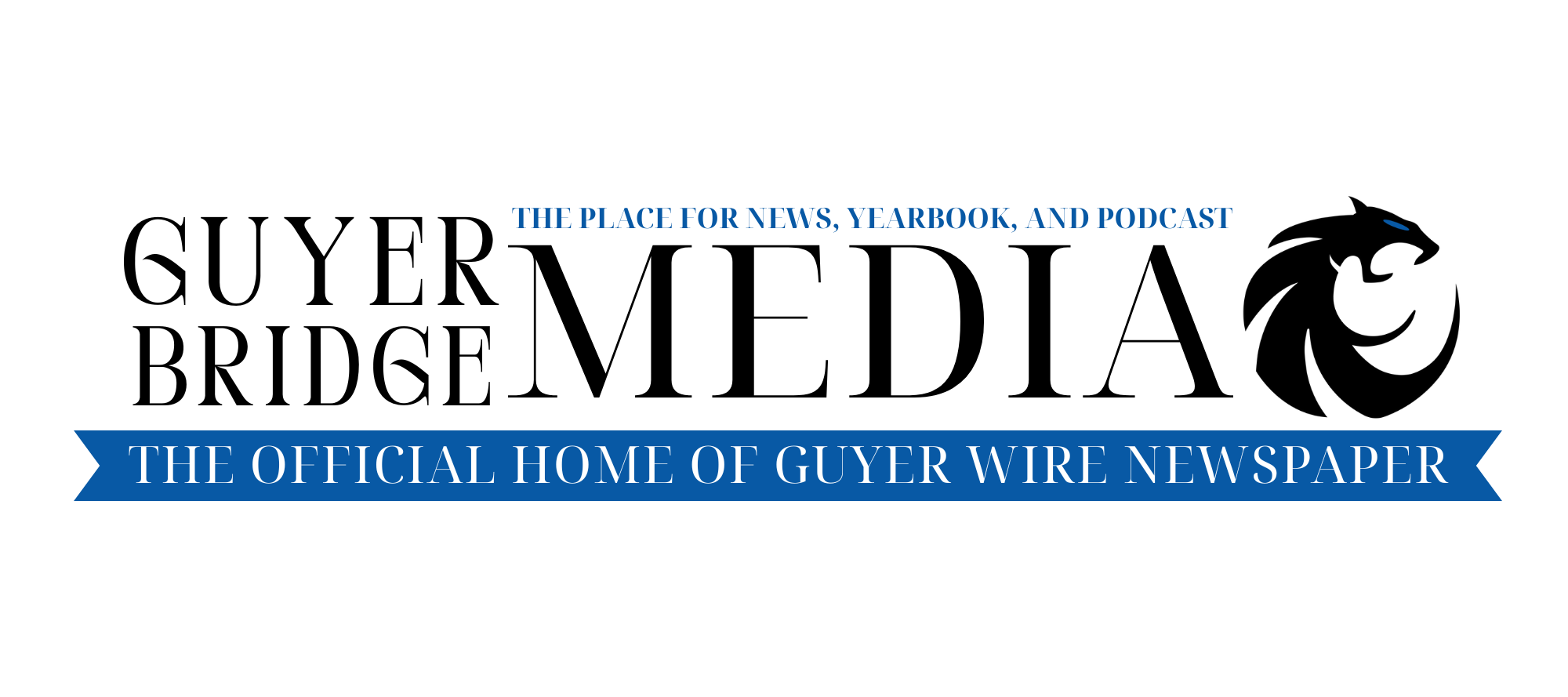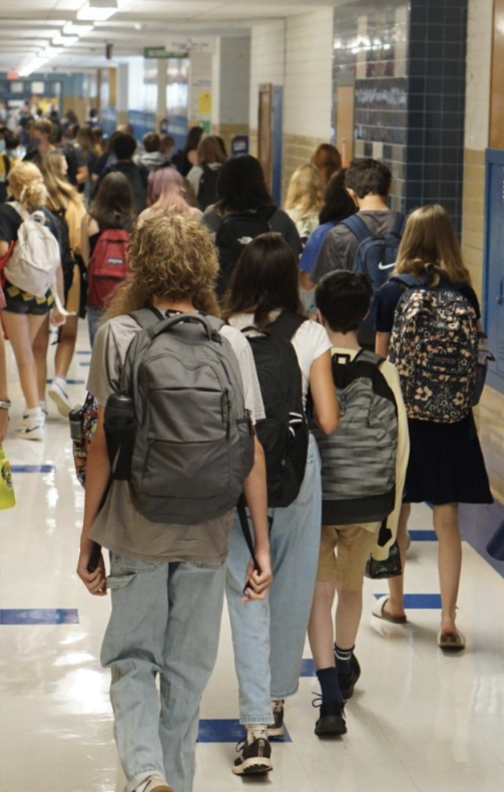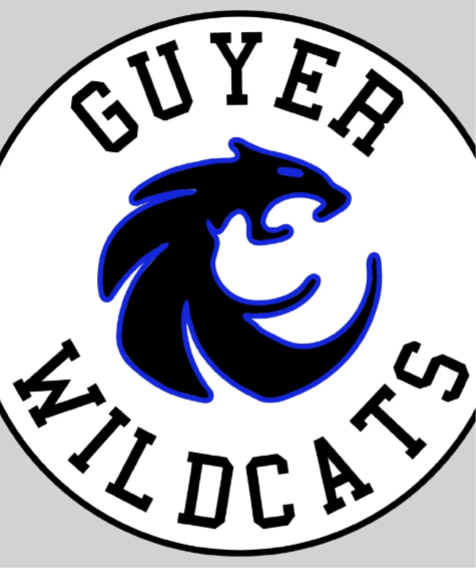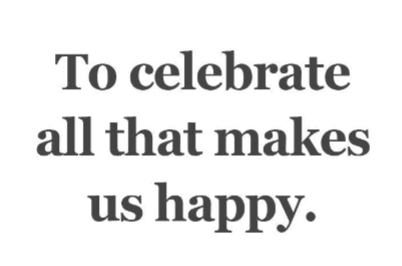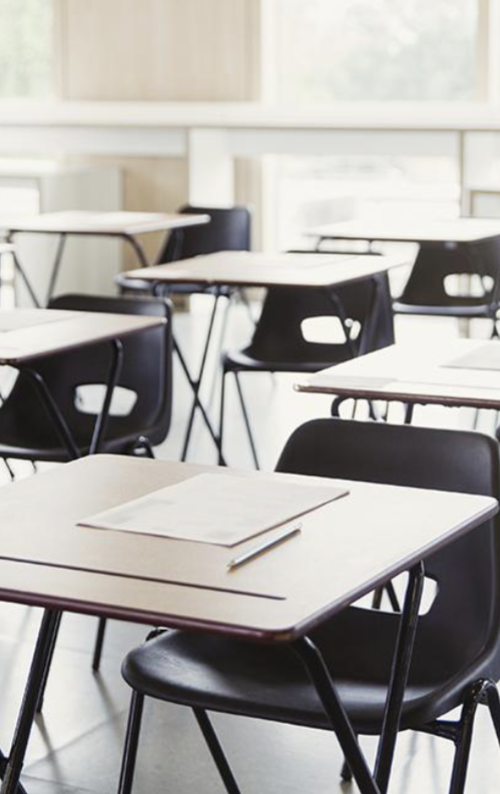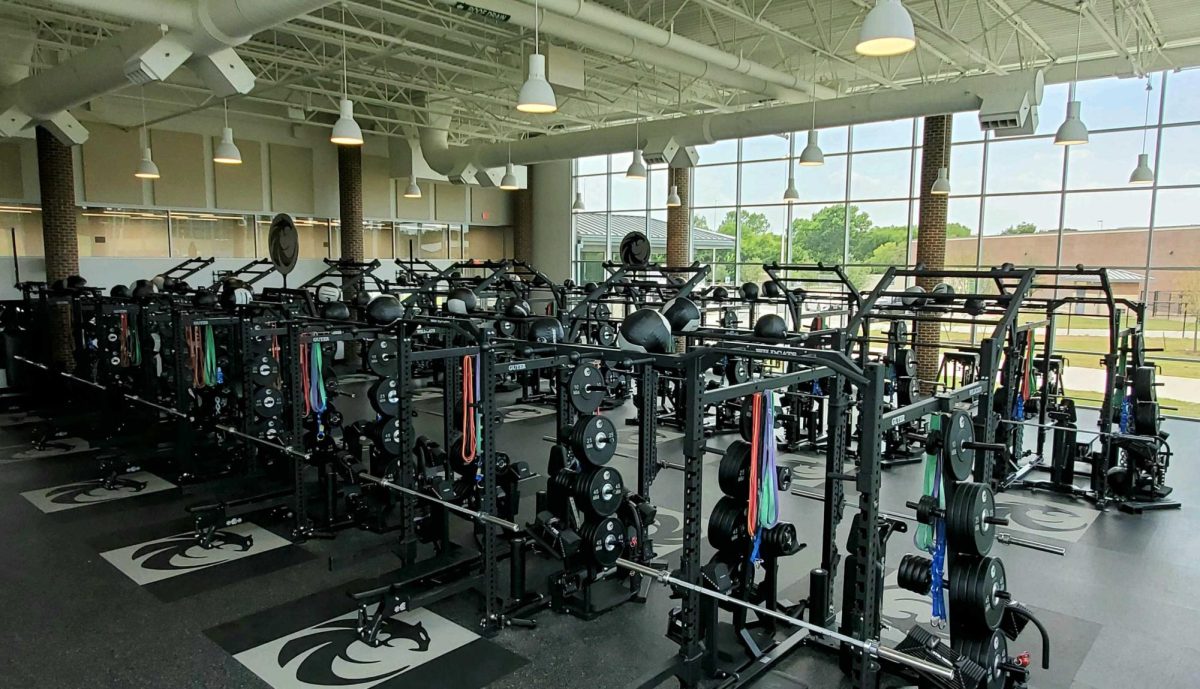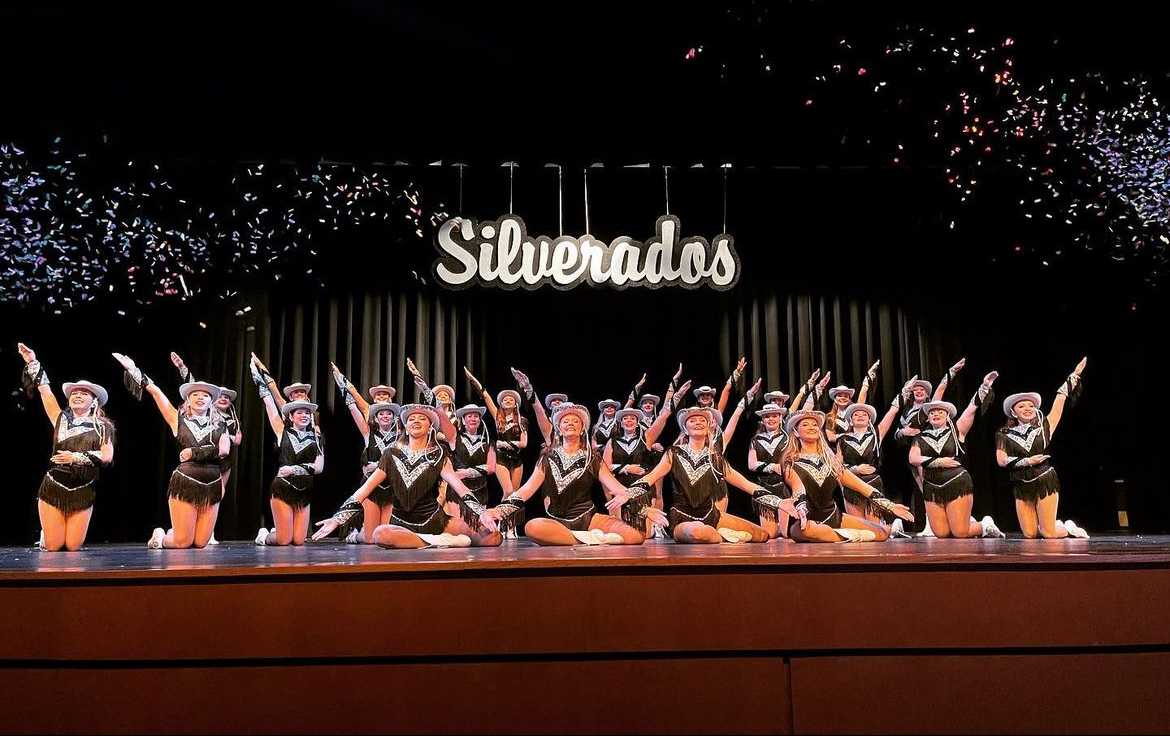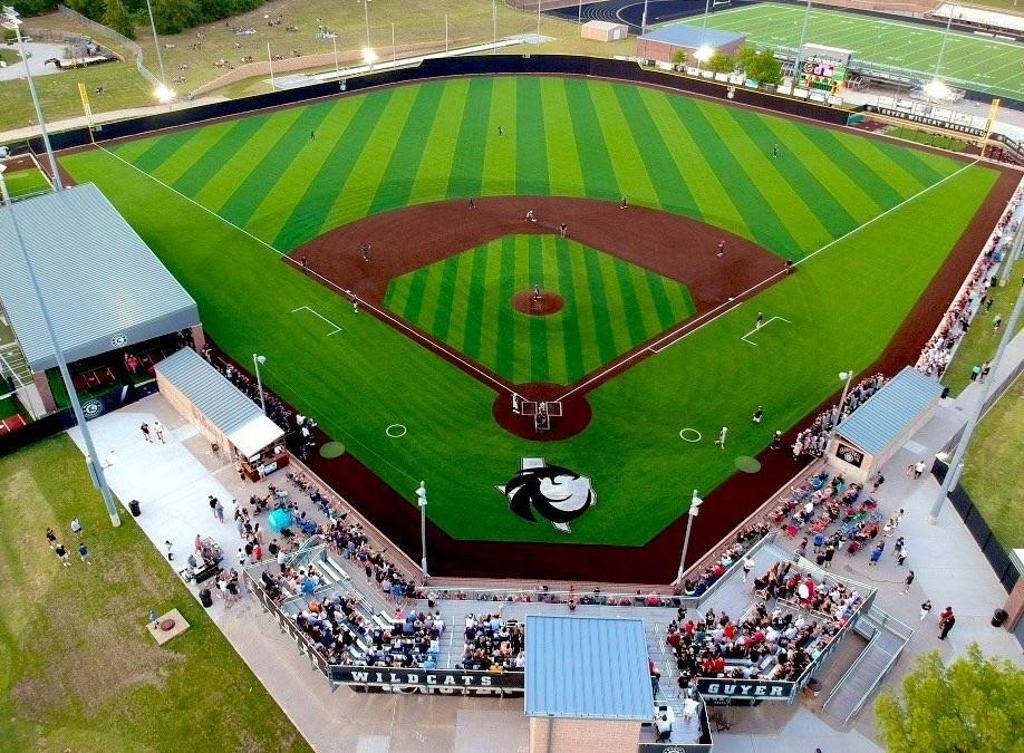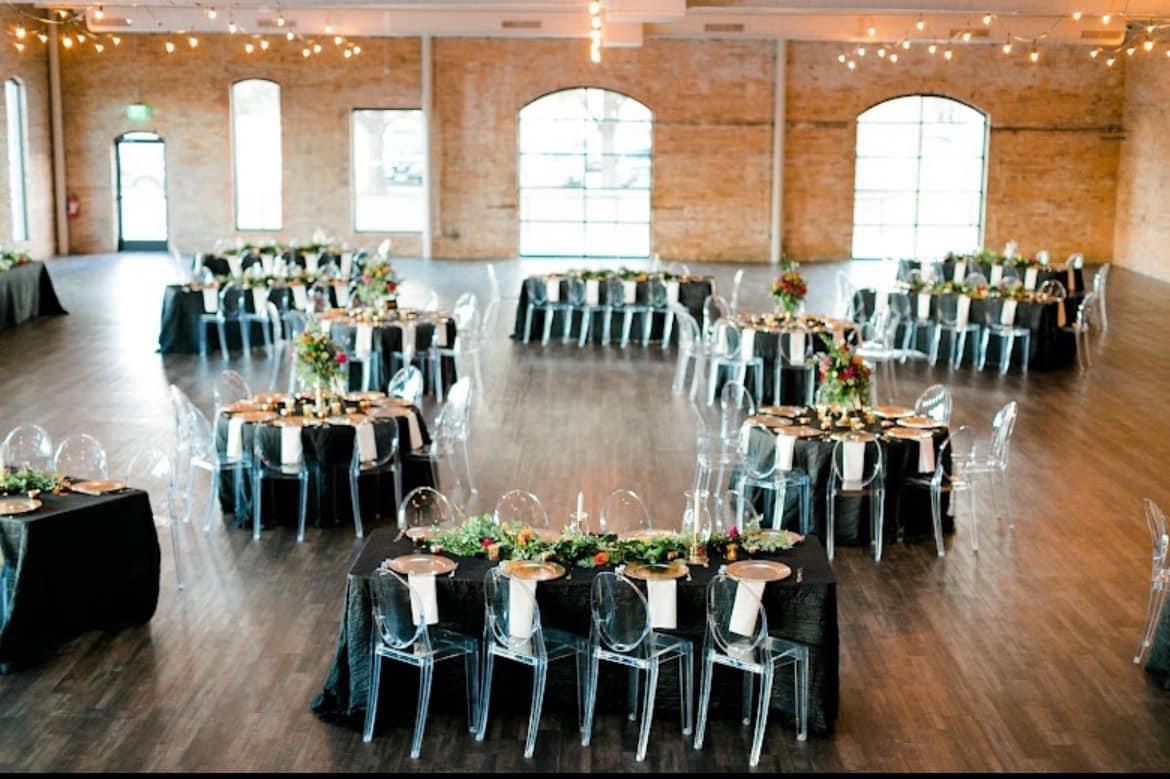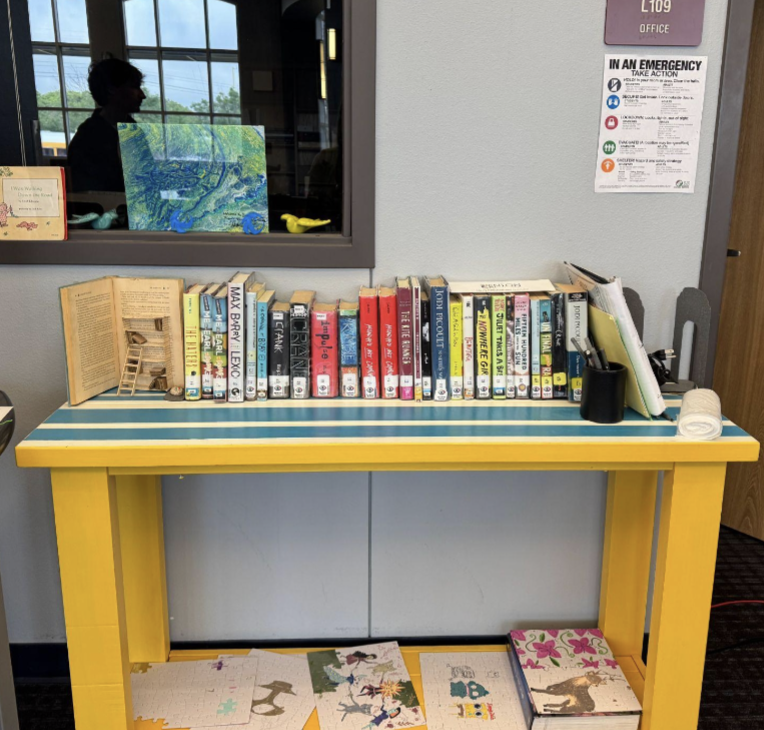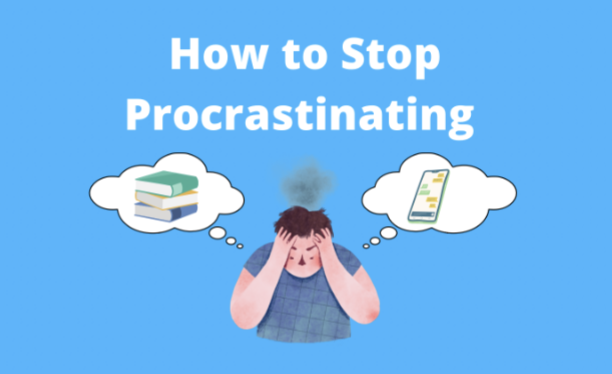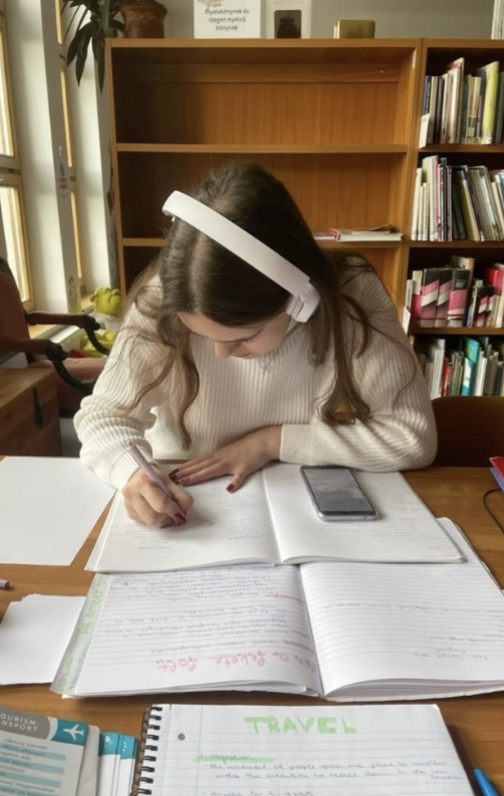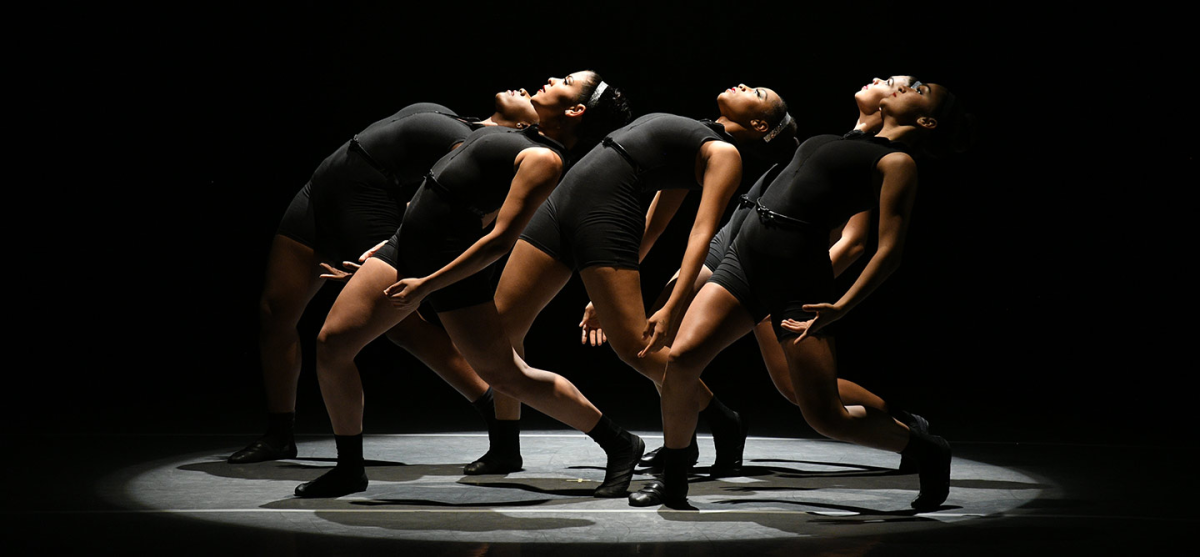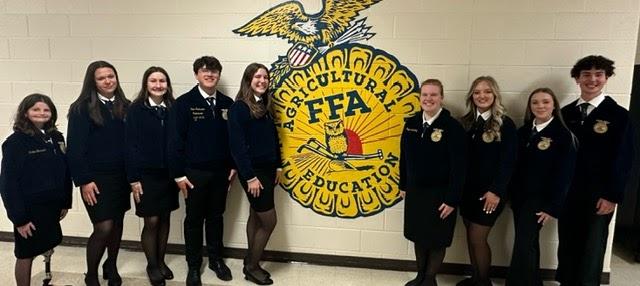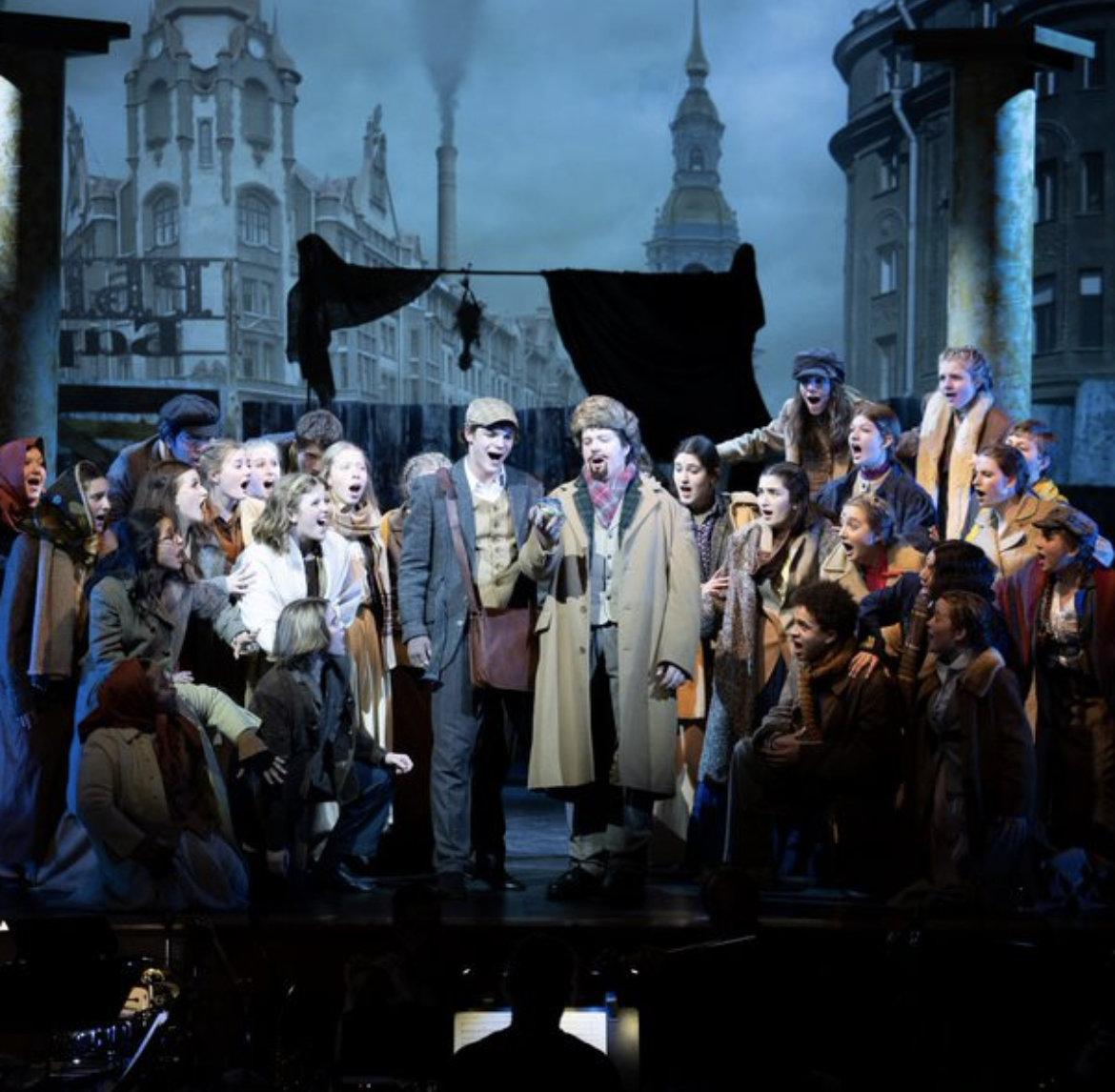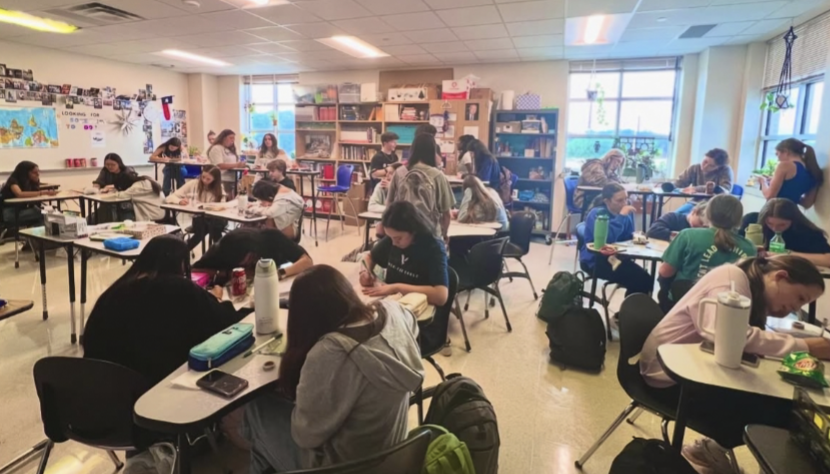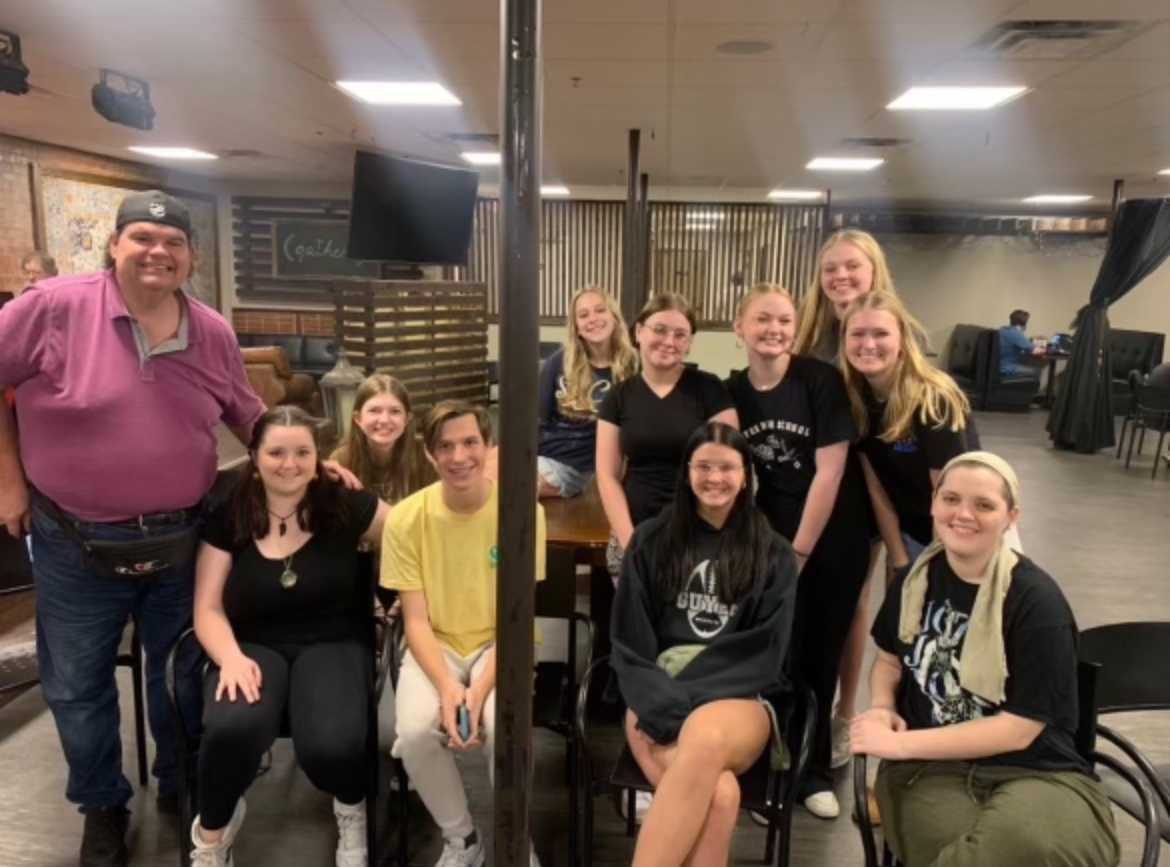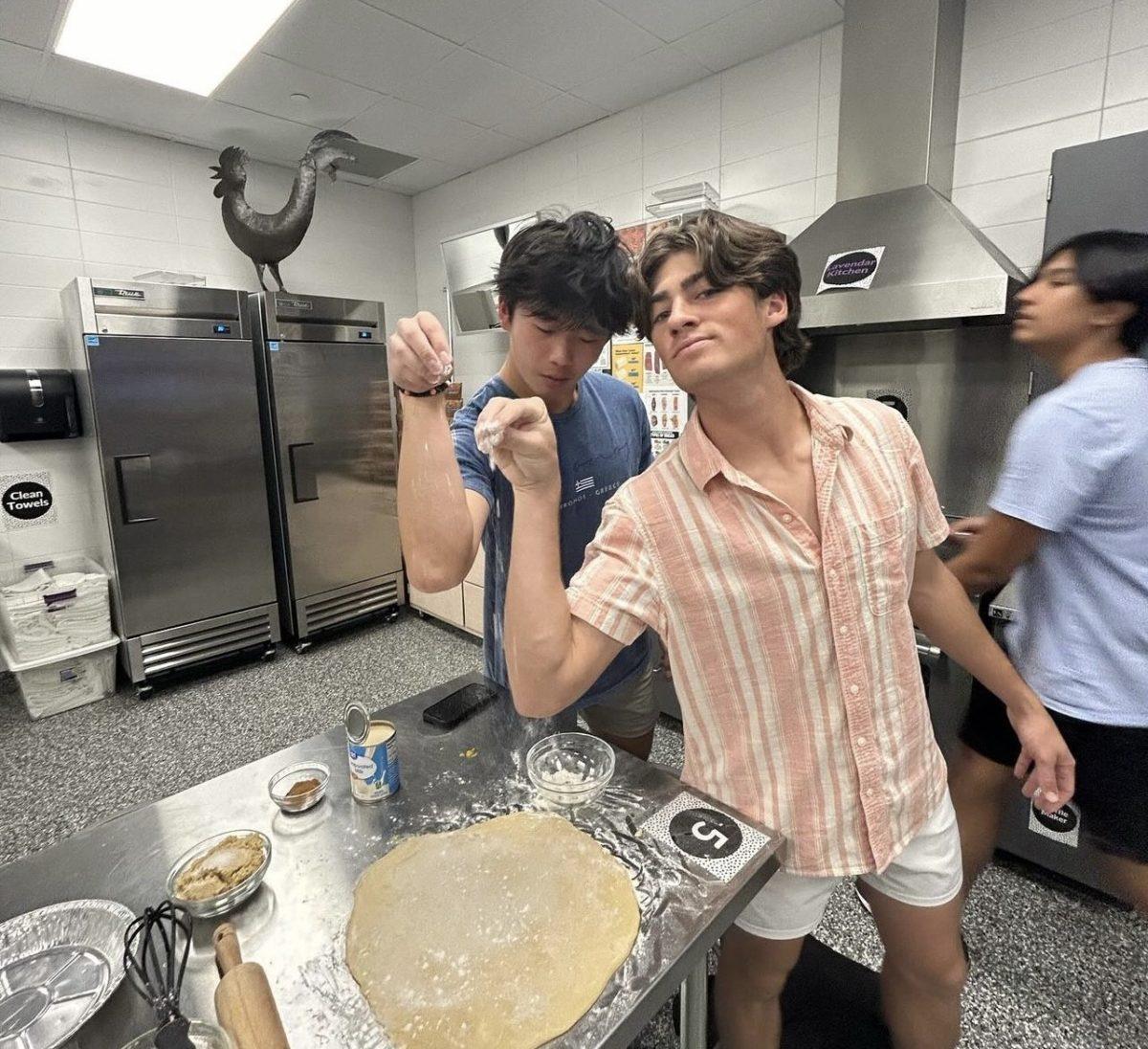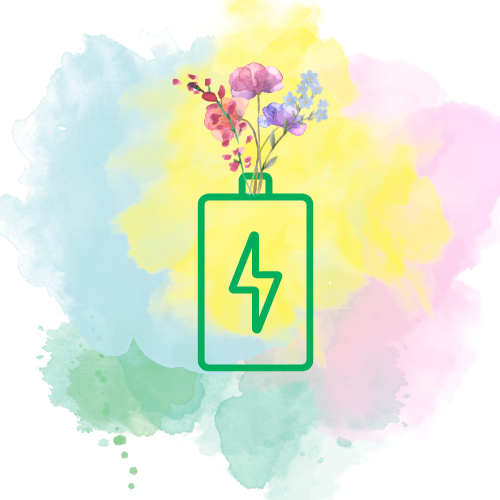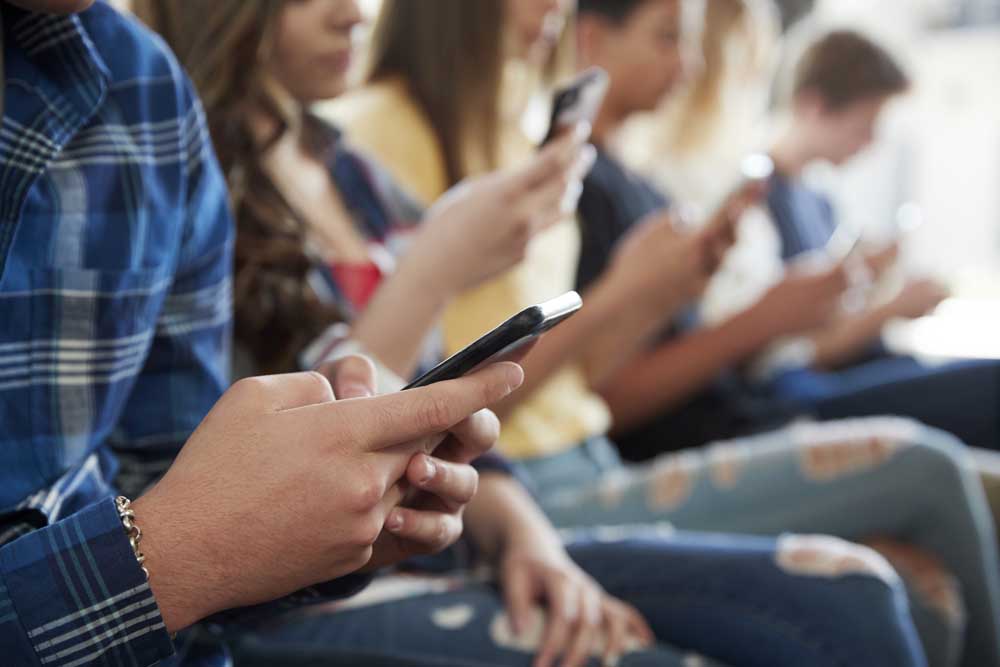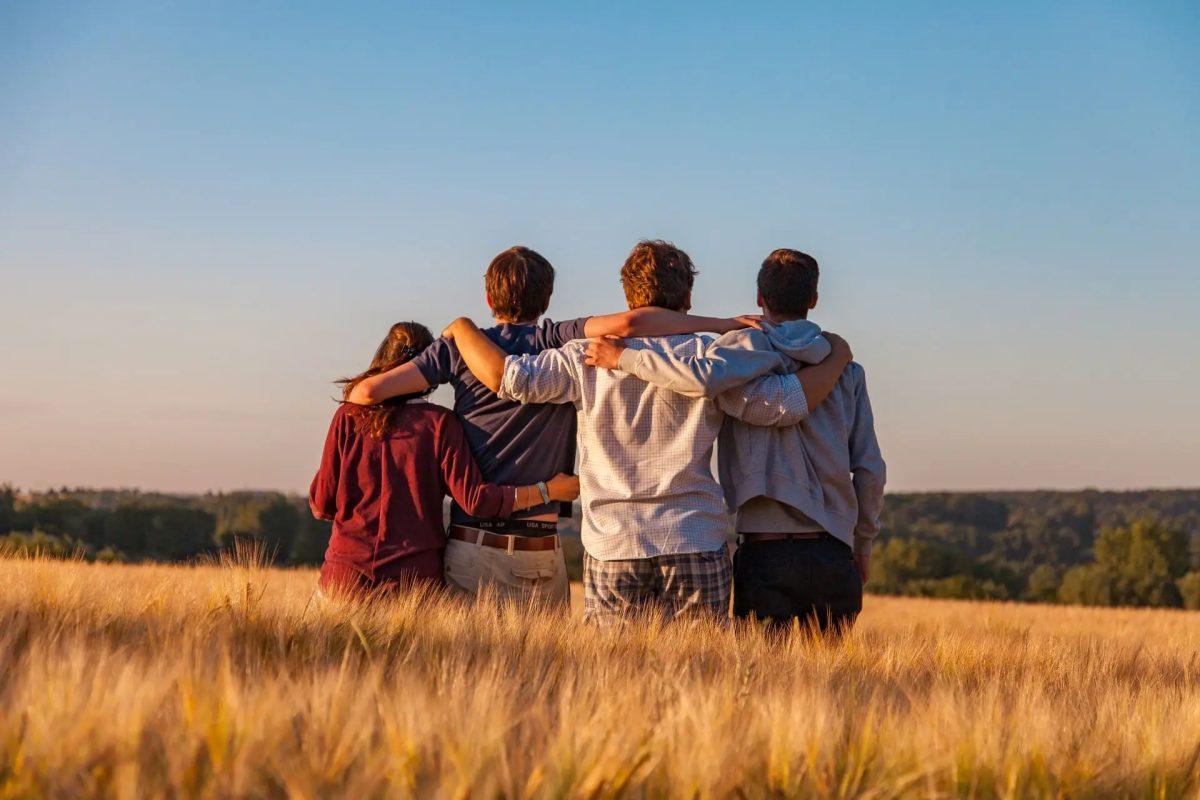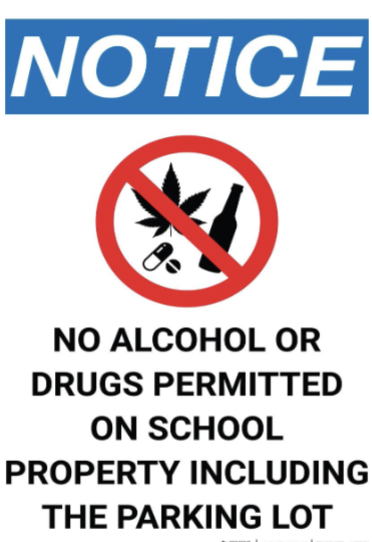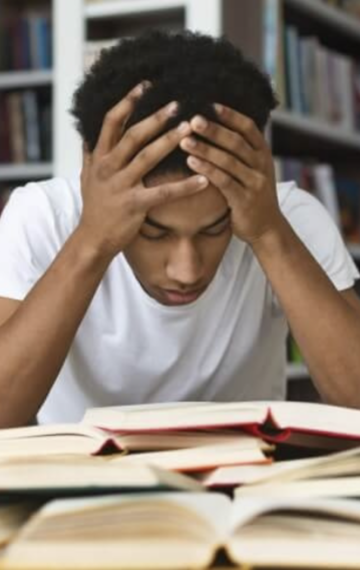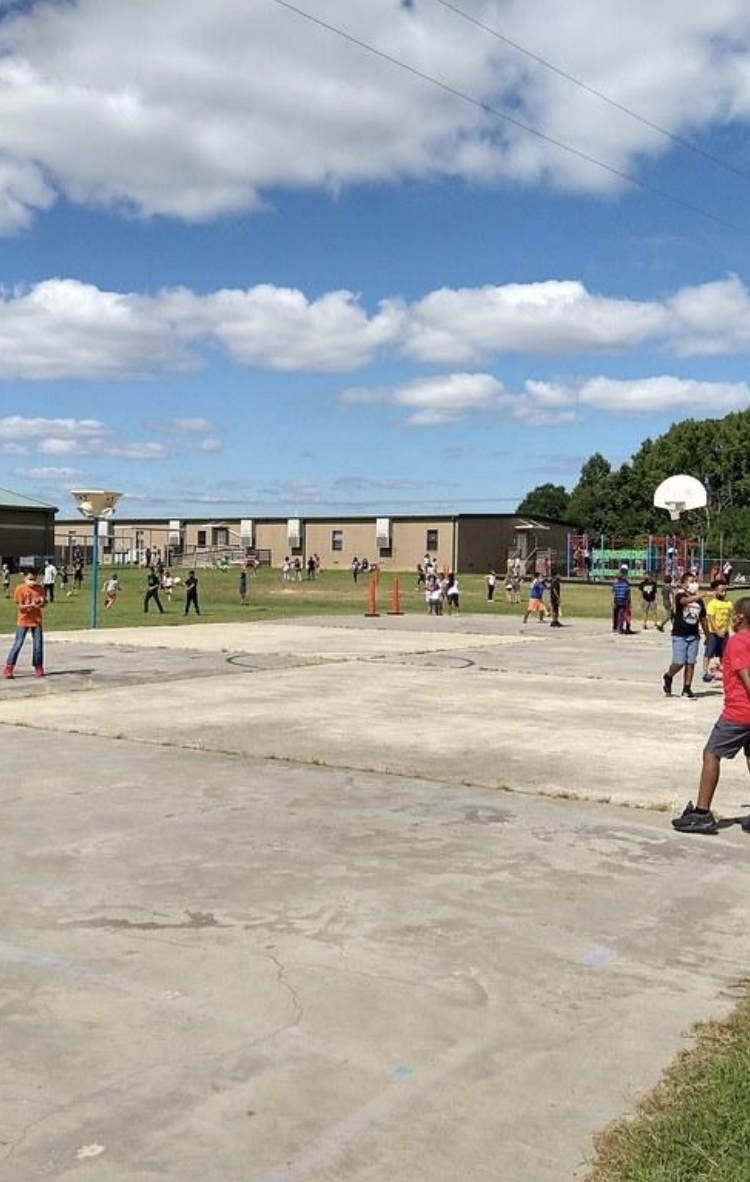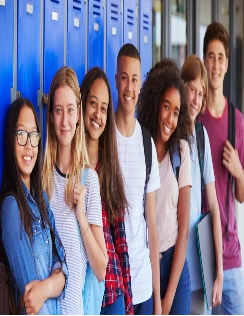By: Sophia Sutton, Staff Reporter
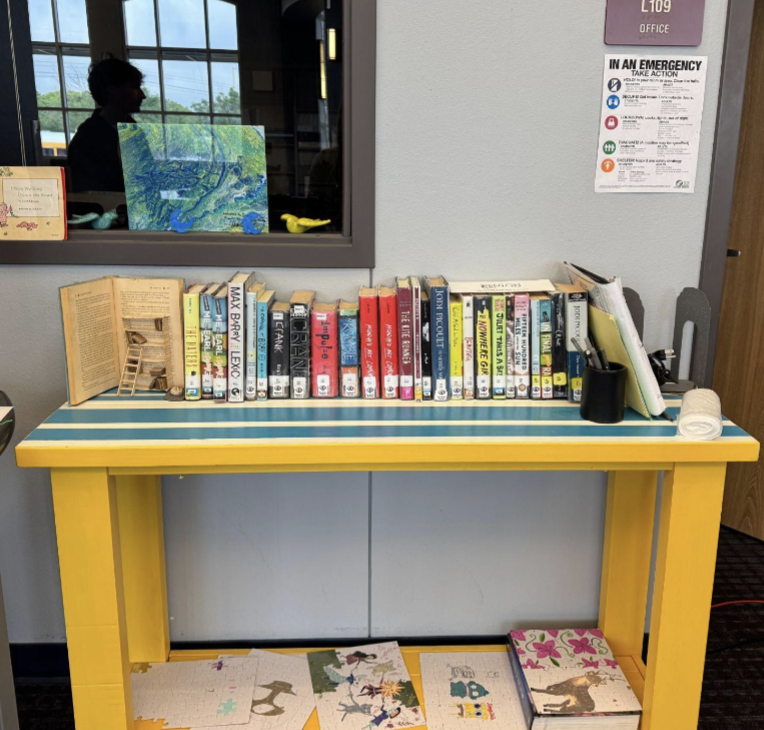
Many districts in Texas have started to ban certain books from school libraries since 2021, including Denton ISD. Censorship in school libraries constrains the learning opportunities for students.
A study done by nonprofit organization PEN America defines school book bans as “any action taken against a book based on its content and as a result of parent or community challenges, administrative decisions, or in response to direct or threatened action by lawmakers or other governmental officials, that leads to a previously accessible book being either completely removed from availability to students, or where access to a book is restricted or diminished,” (PEN America).
Texas is ranked third in the nation for banning books, with 538 banned books from 12 districts. The main reason for this is soft censorship—bans designed to get rid of diversity and suppress authors, viewpoints, and education, namely books about or mentioning race, sexuality, and history.
Denton ISD has joined this trend. They are restricting access to books and pulling some from school libraries entirely, including Guyer’s. Pictured is a section in Guyer’s library with books that students must have a note from a parent to check out and read. These decisions are sometimes being enforced without approval from librarians and, sometimes, without an adequate
reason. For example, those banned only because of a parent’s complaint, or those banned under the soft censorship frame.
Dr. Kimberly Krutka, one of Guyer’s dedicated librarians, believes that having diverse representation in libraries is fundamental for student success and upliftment.
“I truly believe it matters what books we have on our shelves and what books we do not,” …“If I allow books to be restricted or removed from our libraries, I believe it can send a message to students that some identities and some experiences are not welcome in our schools,” Krutka said.
The English curriculum in Texas districts is being forced to change, too. A lot of the titles being banned are titles that have been read in high school classes for decades, some going as far back as the 1960s, and are just now being censored for their content.
“We read ‘Fahrenheit 451’, and it’s banned. We read ‘Animal Farm’, and it’s banned. We read ‘To Kill a Mockingbird’, and it’s banned,” freshman Katheryn Camacho said, comparing books banned in other districts to Guyer’s curriculum.
The effects ripple onto students as well. Reading diverse books gives students a more well-rounded education, and banning these books takes this opportunity away from them.
Camacho, who has read many of the books being banned in Texas schools, disagrees with the restrictions.
“I think that students should be able to read a variety of books to not limit the ideas we are exposed to,” …“We can’t grow as students if we’re not able to read all of this,” Camacho said.
Despite her lack of control over what books get taken from her shelves, Krutka’s intent for her job does not waver.
“I think it is my job as a librarian to ensure that the message I send my students is ‘I am so glad you exist’ every single time they walk through the library doors,” …“So, my hope is that the way I operate as a librarian makes that clear to our students, our staff, and our community members,” Krutka said.
Resources for students against book bans exist. Students can learn more about the bans from nonprofits such as PEN America, the National Coalition Against Censorship, and the American Library Association. The PEN America resource page even provides tip sheets for students, teachers, librarians, and parents fighting against bans. Books Unbanned is an organization responding to book bans by making frequently banned books easily accessible for students. Through them, teenagers can obtain free digital library cards at the Brooklyn Public Library, the Boston Public Library, the LA County Library, the San Diego Public Library, and the Seattle Public Library.
https://www.dallasobserver.com/news/list-of-texas-banned-books-shows-state-has-most-in-us-17480532
